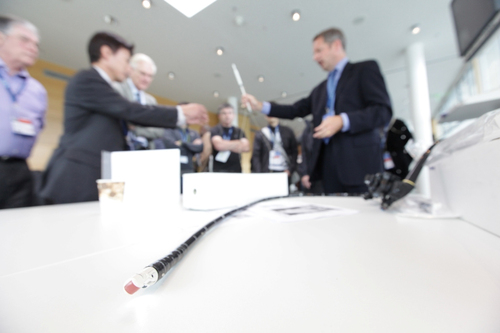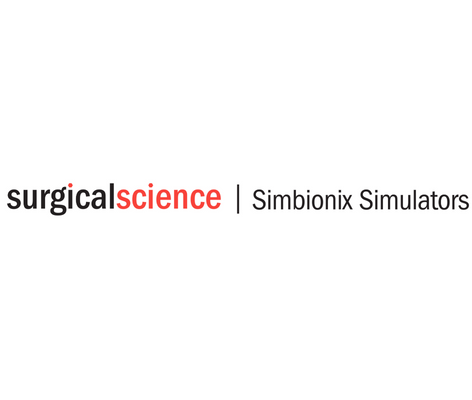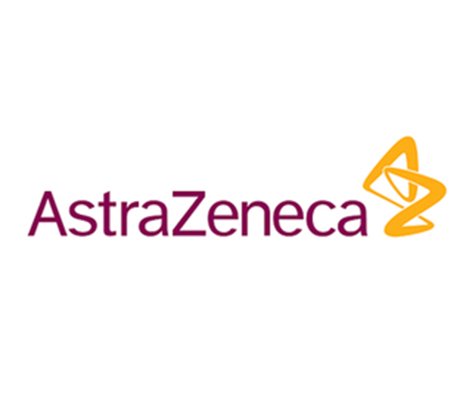About the programme
This three-part training programme teaches participants to independently and competently perform endobronchial ultrasound (EBUS). Part one of the programme covers the theoretical knowledge that is required for EBUS, part two focuses on clinical and simulation training, and part three provides supervised training.
The programme should be completed within two years. It is suitable for qualified medical doctors with prior experience of performing bronchoscopies, TNM classification of malignant tumours, and staging of lung cancer patients.
Learning outcomes
Following completion of this training programme, participants will be able to:
- Independently assess patient history and results.
- Identify indications and contraindications.
- Perform independent procedures.
- Interpret results, draw conclusions and identify next steps.
- Identify treatment and referral options.
- Advise treatment teams on next steps in patient care.
Learning outcomes are described in more detail in the EBUS curriculum.
Pre-requisites for all participants
- Part one: medical doctors must have experience of performing bronchoscopies, TNM classifications and patient staging.
- Part two: participants must have completed part one of the programme.
- Part three: participants must have completed parts one and two of the programme.
- Participants must be able to access EBUS equipment at their local institution.
Programme overview
Part one: theory
Part one of the EBUS training programme is accredited with 17 continuing medical education (CME) credits for the part one course and four CME credits for online modules. The structure of part one is as follows:
| To take part in the training, participants must complete an online questionnaire to verify that they meet the pre-requisites for the programme and to outline their experience and expectations. |
| All confirmed participants will study online modules and attend an onsite course focused on theoretical and practical insights into EBUS. The online modules cover anatomy, indications and contraindications, imaging modalities and basic ultrasound; the onsite course will review the clinical literature and demonstrate EBUS equipment and techniques. |
| A timed, 30-question multiple-choice assessment will be completed by all participants. This tests the participants’ knowledge of the material covered by the online modules and at the onsite course. Participants who achieve a score of 70% or more will be awarded with certification for part one of the EBUS training programme and they can progress on to part two of the programme. |
| Participants who fail the assessment the first time can register to re-sit via myERS for an administrative fee of €50. If a participant fails to pass the test on a second attempt, the participant is required to re-start the training programme and they must attend an onsite course again. |
Part two: clinical and simulation training
Part two of the EBUS training programme is accredited with 17 CME credits, which are awarded for attendance of the two-day clinical observation and simulation course. The structure of part two is as follows:
| To join part two of the programme, candidates must have successfully completed part one of the EBUS training programme. Part two focuses on clinical observation and intensive simulation training, which is completed over two days at a centre in Heidelberg, Amsterdam or Copenhagen. A maximum of two participants complete the training per session. |
| During training, participants will observe procedures performed by experts in the field. Simulator training is also provided, enabling participants to perform a complete procedure that includes introduction of the scope, identification of the six anatomical landmarks in the correct order, checking for enlarged lymph nodes and obtaining two biopsies. |
| Certification for part two of the programme is awarded based on successful completion of the simulated procedures and assessment of the experts performing the live procedures. |
Part three: supervised training
Part three of the EBUS training programme is accredited with 17 continuing medical education (CME) credits, which are awarded for the submission of 20 case reports and three video procedures. The structure of part three is as follows:
| To register for part three, candidates must have successfully completed parts one and two of the EBUS training programme. Part three is completed at the participants’ own institution under the supervision of their team leader. |
| Participants will create a portfolio containing 20 EBUS case reports and three video recordings of EBUS procedures. The case reports and videos will be reviewed and graded to determine if the participant is qualified to independently perform EBUS. |
| Following successful completion of all three parts of the programme, participants will be awarded with EBUS certification. |
| Participants who fail to meet the standard required for the video assessment can register to re-submit videos via myERS for a fee of €200. |
Registration fees
| Category | Part one | Part two | Part three |
|---|---|---|---|
| ERS early career member | €900 | €1,100 | €300 |
| ERS member | €1,000 | €1,200 | €350 |
| Non-member | €1,100 | €1,300 | €400 |
- Participants who fail the part one assessment the first time can register to re-sit for an administrative fee of €50.
- Participants who fail to meet the standard required for the part three video assessment can register to re-submit videos for a fee of €200.
Committee members
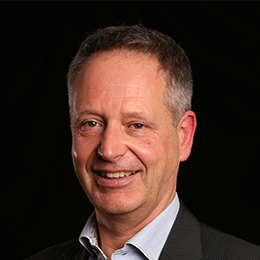

Jouke Annema
Assembly 14
Clinical techniques, imaging and endoscopy
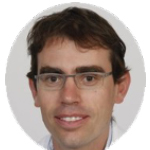

Peter I. Bonta
Professor, Academic Medical Centre, Amsterdam, The Netherlands
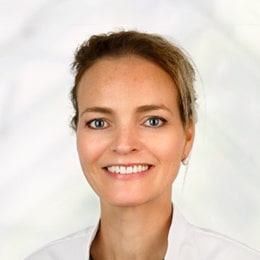

Laurence M.M.J. Crombag
Pulmonologist - Academic Medical Centre Amsterdam, The Netherlands
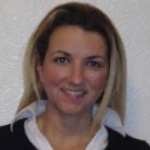

Konstantina Kontogianni
Pulmonologist, Thoraxklinik Heidelberg, Germany
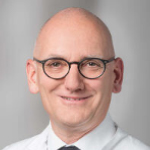

Felix Herth
Professor, Thoraxklinik Heidelberg, Germany


Lars Konge
Professor and ERS medical education advisor, Copenhagen Academy for Medical Education and Simulation and University of Copenhagen, Denmark


Gregoris Stratakos
Professor, Interventional Endoscopy Unit, 1st Dept of Pulmonology, University of Athens







